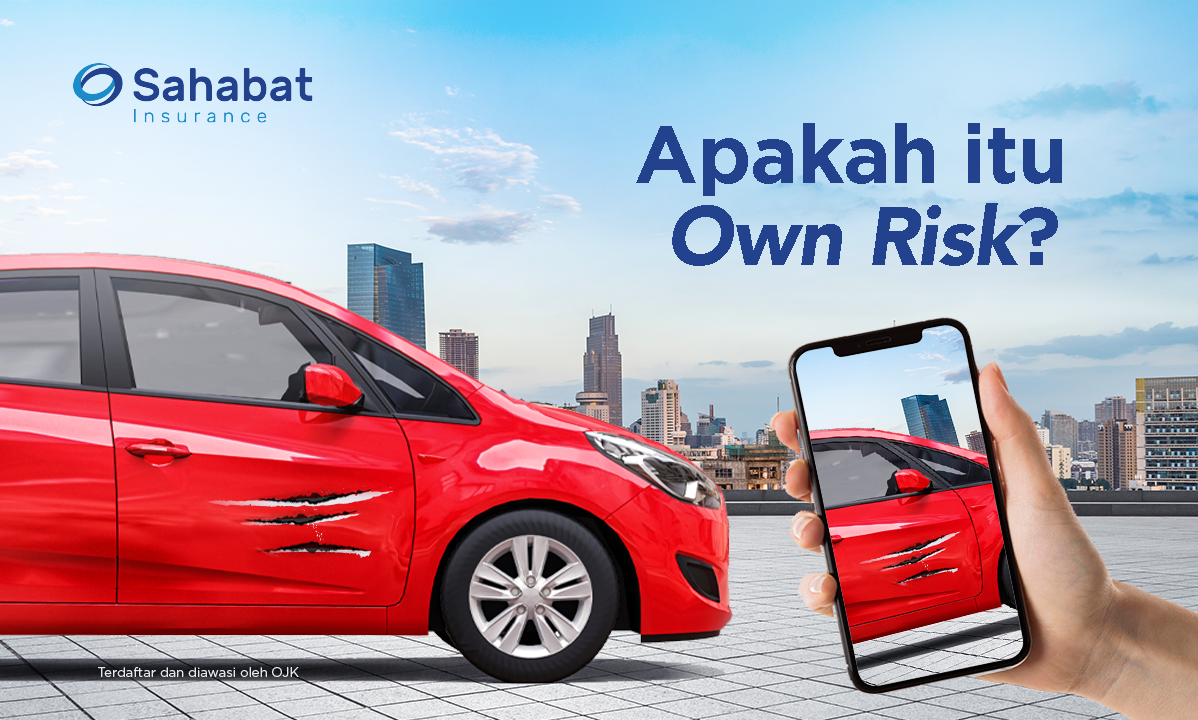What is Own Risk?
Terakhir Diubah : 03:29:30 - Wednesday, 13 April 2022

Hi, Sahabat! If you have vehicle insurance, you must recognize some insurance terms so as not to get confused.
When purchasing a vehicle insurance product, you will be introduced to the term Own Risk (OR). Own risk can be interpreted as payment of compensation costs made by the vehicle owner or the insured for any loss and or damage that occurs when submitting a claim. If you do this, it means that you already know your responsibilities as a vehicle owner. As a form of your sense of responsibility to always be careful when driving. The standard, in accordance with OJK Letter No. 6 of 2017 stipulates that the current OR fee is a minimum of IDR 300,000 per incident.
Please note, standard car insurance policies actually only cover loss or damage caused by accident, collision, impact, overturning, slipping, or falling; evil deeds; theft; as well as fire and all risks covered by the motor vehicle insurance policy. However, if due to a disaster caused by natural disasters such as rain, flood, tsunami, hurricane, hail, tsunami, a product is provided in the form of an extension to protect your car from the causes mentioned above.
If you want to get further explanation regarding self-risk calculation or car insurance closing procedure through Sahabat Insurance Customer Service Online, we are happy to answer your questions via our hotline at 021-50508080 or Whatsapp at 021-50508080.

 Indonesia
Indonesia
